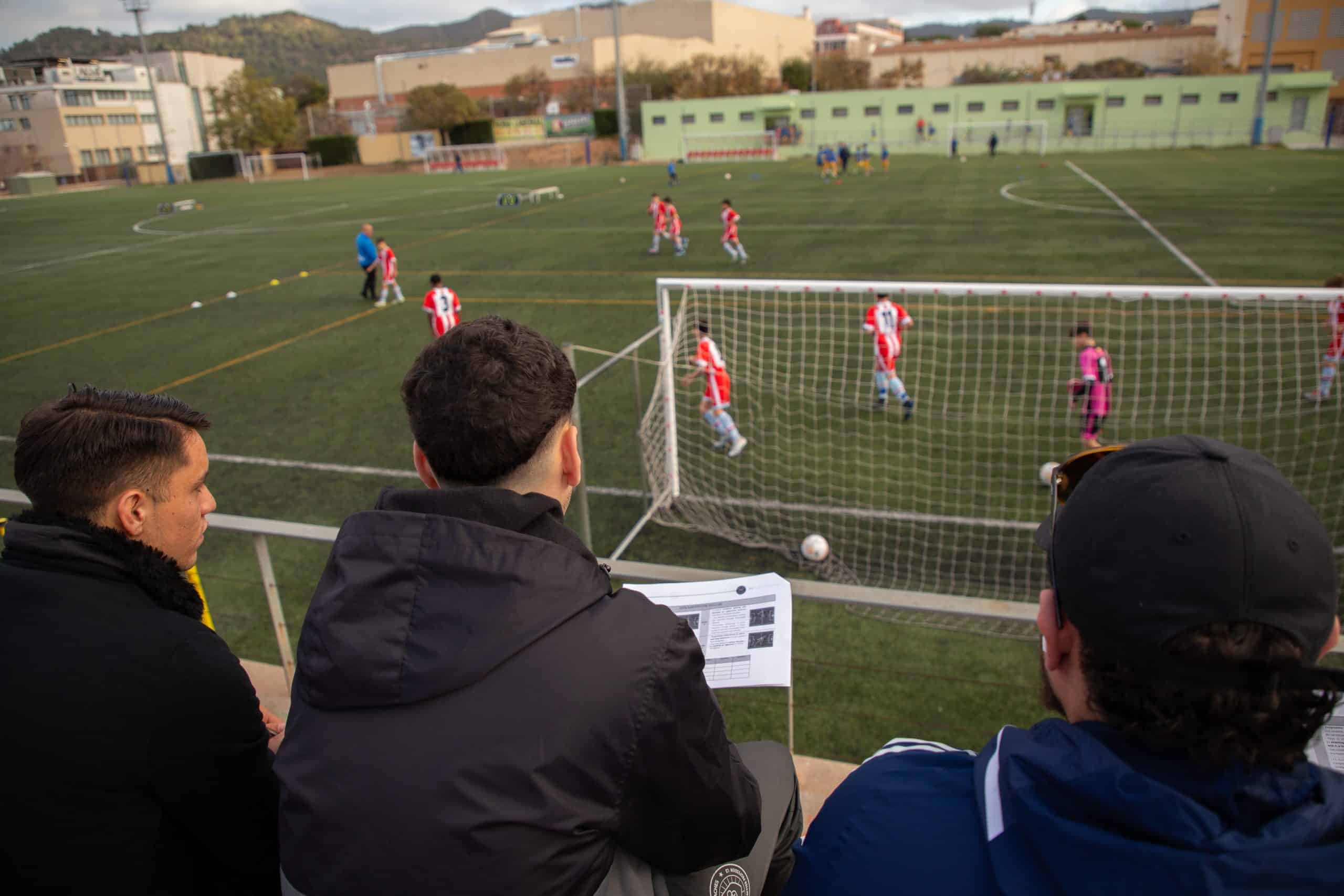The adaptation period in football is a vital stage for young players, as it represents the time when children begin to familiarise themselves with the structured practice of football.
In contrast to early specialisation, which can lead to negative consequences such as early drop-out or reduced performance at later stages, the adaptation period focuses on the overall preparation of the player.
During this phase, a series of adaptations are implemented that allow the player to start learning in a sport-specific manner, establishing a solid and effective basis for future development.
The following are the essential objectives that must be achieved during this period to ensure a comprehensive and effective sporting education.
1.- Knowledge and Improvement of Motor Skills
During the adaptation period, it is vital that players acquire and improve general and football-specific motor skills.
This includes movements such as running, jumping and coordinating movements, as well as more football-specific actions such as ball control and passing.
2.- Application of Content in Real Game Situations
Players must be able to apply what they have learned in real game situations. This involves putting the concepts and skills acquired during training into practice in a match context.
It is important that players begin to understand and experience the internal logic of the game, such as identifying teammates and opponents, knowing the boundaries of the pitch and understanding which goal to attack.
3.- Knowledge of the Fundamental Rules of Football
Understanding the basic rules of football is another essential objective. Players must become familiar with the referees’ signals and be able to distinguish between teammates and opponents, as well as between their own goal and the opponent’s. This knowledge is crucial to reinforce a complete understanding of the game and to perform efficiently on the pitch.
This knowledge is crucial to reinforce a complete understanding of the game and to perform on the field of play.
4.- Psychological and Social Development
The adaptation period should also focus on the development of social and psychological patterns. Players learn to work as part of a team, handle pressure and build self-confidence. These skills are essential not only for sporting performance, but also for their personal development.
5.- Varied and Motivating Experiences
It is essential that content is presented in an engaging and motivating way. Children should enjoy what they do, as fun is an inherent characteristic of their age. Incorporating games and co-ordination circuits can be an effective strategy to maintain their interest and encourage their motor development.
6.- Adaptation to Players’ Characteristics and Needs
Each individual is unique, and it is essential to tailor teaching to their individual characteristics and needs. This includes considering their age, skill level and learning pace. Personalising training helps to ensure that each player receives the attention and encouragement they need to develop to their full potential.
7.- Patience and Gradual Progression
The adaptation period requires patience. It is common to make the mistake of wanting to advance quickly, but it is crucial to respect the time needed for players to learn according to their abilities and age. Forcing learning can lead to frustration and abandonment of the sport. It is therefore important to allow players to progress at their own pace.
Conclusion
The adaptation period is an essential phase in the training of any football player. Through the fulfilment of these objectives, individuals can develop a firm foundation that will enable them to achieve high performance in the future. This period not only prepares players in terms of technical and tactical skills, but also fosters their psychological and social development, ensuring a well-rounded and balanced education.








